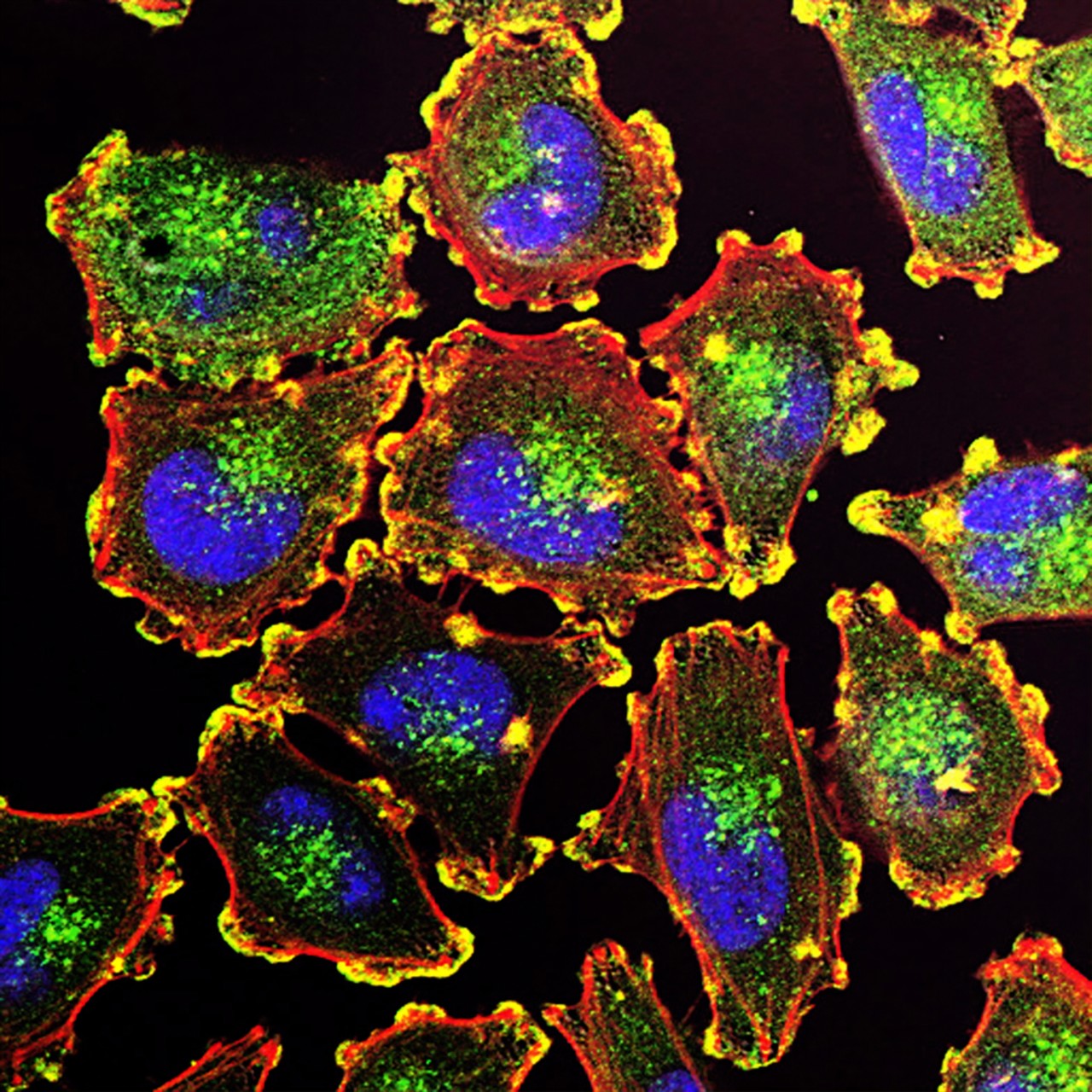
Medscape: Skin adverse events rare after immunotherapy to treat skin cancers
Medscape highlighted University of Cincinnati research published in JAMA Dermatology that found certain skin adverse events were rare following immunotherapy treatments for certain skin cancers.
"Programmed cell death 1 (PD-1) and programmed cell death ligand 1 (PD-L1) inhibitors are commonly used drugs for the treatment of various cancers," said Pushkar Aggarwal, MD, corresponding author and medical resident/fellow in UC's College of Medicine. "Having knowledge regarding possible associated skin reactions is vital for clinicians to guide management of the skin reaction and whether an adjustment is needed for the PD-1/PD-L1 inhibitors."
The researchers reviewed adverse event reports for patients treated with PD-1 and PD-L1 treatments between January 2004 and May 2023 to identify whether significant signals exist between PD-1/PD-L1 inhibitors and skin tumors keratoacanthoma and cutaneous squamous cell carcinoma (cSCC).
"For both keratoacanthoma and cSCC, significant signals were found with PD-1/PD-L1 inhibitors," Aggarwal said. But, out of 158,000 cases in the review, the data showed only 43 patients developing keratocanthoma and 83 developing cSCC, which highlights the conditions are "relatively rare adverse events."
Aggarwal said case reports, case-control trials and randomized clinical trials are needed to confirm the results of this study.
Featured photo at top of metastatic melanoma cells. Photo/National Cancer Institute.
Related Stories
Medscape: Skin adverse events rare after immunotherapy to treat skin cancers
April 17, 2024
Medscape highlighted University of Cincinnati research published in JAMA Dermatology that found skin adverse events were rare following immunotherapy treatments for certain skin cancers.
Local 12, Business Courier highlight Blood Cancer Healing Center
February 19, 2024
Local 12 and the Cincinnati Business Courier highlighted the University of Cincinnati Cancer Center's Blood Cancer Healing Center, a comprehensive all-in-one facility dedicated solely to advancing research, treatment and wellness for blood cancer patients, opening this summer.
Physics World names UC, Cincinnati Children's study among top 10 Breakthroughs of 2022
December 8, 2022
Physics World recognized the University of Cincinnati's first-in-human trial of FLASH radiotherapy as one of the Top 10 Breakthroughs of the Year for 2022.
